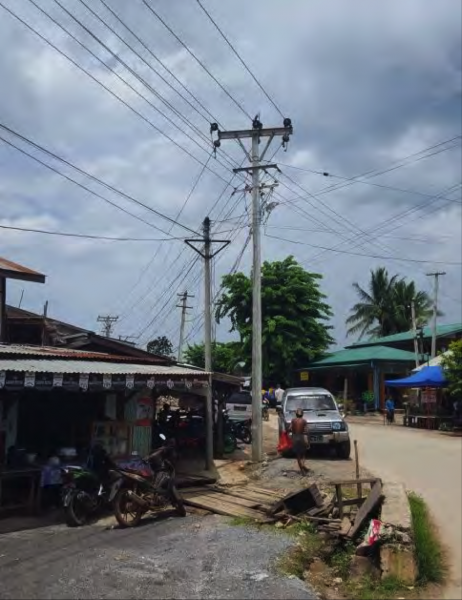This exchange activity aims to contribute to the sustainability of micro hydro plants in Southern and Southeast Asia by increasing the load factors and financial bases through the implementation of proven best practices for productive end uses.
Exchange Need & Objective(s)
Evidence shows that the provision of offgrid power in low-income communities works best when carried out hand-in-hand with the promotion of income-generating activities. Productive uses of electricity which generate revenue result in larger load factors in the offgrid system, hence supporting its long-term sustainability. As demand for electricity grows, say from use for lighting in households in the evenings, to use for powering rice mills, sowing machines or refrigerators for storing surplus produce, the local livelihoods and the capacity of the energy provider to finance the operation and maintenance of the offgrid system both improve.Participants & Target Group(s)
The exchange was coordinated by the South Asia regional office of Practical Action and involved six organisations, one of which is the HPNET.Activities
The project consisted of three activities:- Compilation and analysis of proven PEU approaches, tools, and best practices based on case-studies in six countries: Nepal, Indonesia, Myanmar, the Philippines, India and Malaysia.
- Production of a video on the potential of PEU approaches for ensuring the long-term sustainability MHP systems.
- Creation of an online compendium on Energypedia, to share knowledge on PEU for MHP globally.
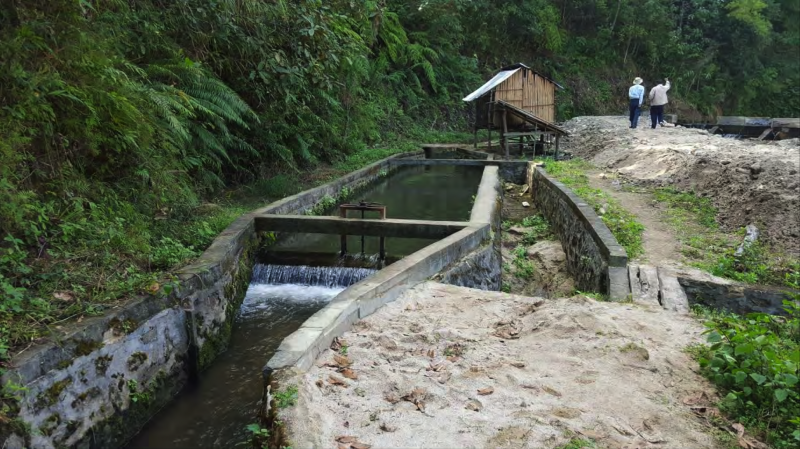 The compilation of PEU approaches entailed the identification of different productive end uses that are relevant in the context of low-income rural communities in the six participating countries. The end uses selected were those which lead to significant revenue streams when stable off-grid electricity is available, e.g. rice milling, mechanical and carpentry workshops, crafts production, refrigeration of fresh meat and produce.
The study then went on to draw out the key features of business models that are working in the PEU-MHP context, and flag up particular models that are ready for replication and scale up. The steps needed to apply best-practice PEU approaches as well as the policies and institutions that can support PEU-related MHP projects were laid out in the reports. Finally, the reports served as reference documents aswell, containing project names, locations, as well as a number of other features.
The compilation of PEU approaches entailed the identification of different productive end uses that are relevant in the context of low-income rural communities in the six participating countries. The end uses selected were those which lead to significant revenue streams when stable off-grid electricity is available, e.g. rice milling, mechanical and carpentry workshops, crafts production, refrigeration of fresh meat and produce.
The study then went on to draw out the key features of business models that are working in the PEU-MHP context, and flag up particular models that are ready for replication and scale up. The steps needed to apply best-practice PEU approaches as well as the policies and institutions that can support PEU-related MHP projects were laid out in the reports. Finally, the reports served as reference documents aswell, containing project names, locations, as well as a number of other features.
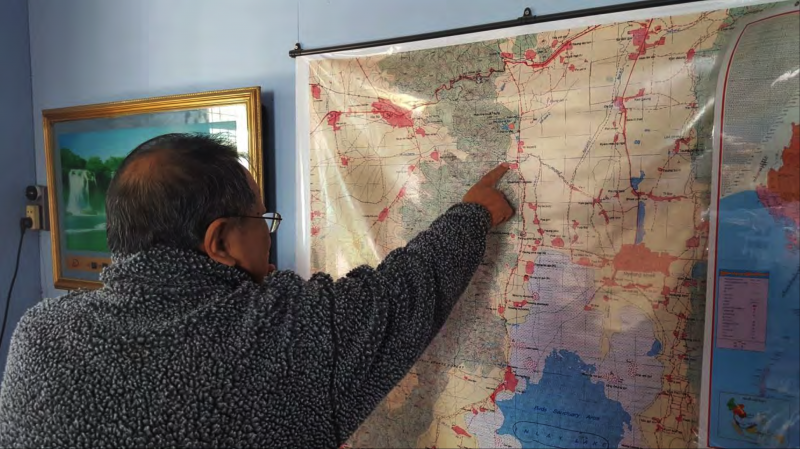
Results & Impact
Based on the six country-specific case studies, a summary report has been developed which will be used in future initiatives aiming at strengthening the financial base of MHP projects.
The following points sum up the best-practice criteria that must be fulfilled when applying a PEU approach in an MHP system, and which are being advocated for by the participants of this exchange:
- Long-term technical viability of the MHP system: including protection of the watershed, good quality of the installation, local capacity for operation and maintenance, etc.
- Rural market linkage: existing technical skills for specific PEUs, e.g. agroprocessing, knowhow on sustainable business models for rural enterprises, capacity building for ownership and management.
- Seed capital for PEU: most MHP communities cannot self-finance the start up of PEUs, and donors are not always aware of the funding needs.
The video and Energypedia project compendium are available online and are used for advocacy during visits of key decision-makers and planners from HPNET member countries. As a follow up to this project, the coordinators currently aim to produce a more refined guiding document on the approach and tools available to promote PEU in MHP in South and Southeast Asia, via further consultation among the organisations who participated in the exchange.
Lessons Learned
The findings of this exchange confirm the perception that often microhydro power systems are seen as provision of basic services rather than as drivers of economic development. This is not just a missed opportunity, it also hinders the optimal utilisation of the MHPs.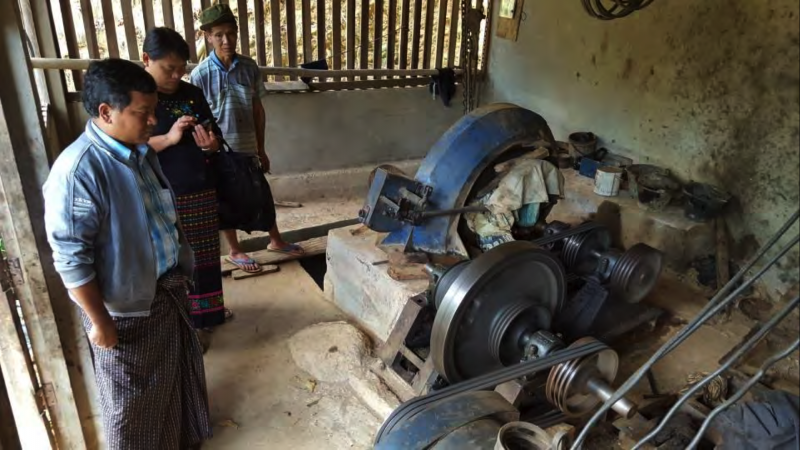 PEU approaches have not been as yet systematically integrated with MHP development in the South and Southeast Asian countries under study. There are isolated efforts which are showing that PEU approaches:
PEU approaches have not been as yet systematically integrated with MHP development in the South and Southeast Asian countries under study. There are isolated efforts which are showing that PEU approaches:
- are effective at ensuring the long-term sustainability of the system,
- help enhance women entrepreneurship,
- create additional income, especially in the agro-processing sectors.
Project Summary SL_E004
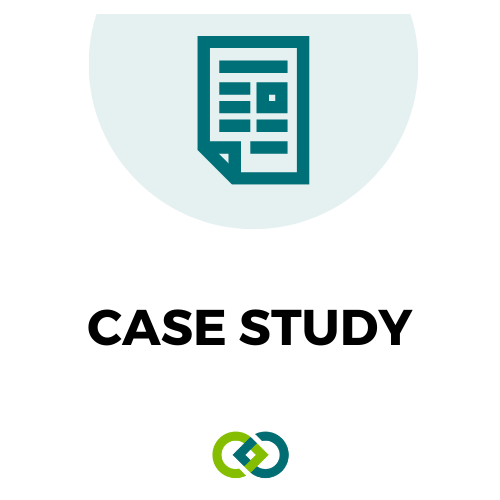
Projects with same technology
Demonstration of Sustainable Low Head Pico-Hydro to Deliver Enhanced Rural Energy Services to the Terai Region of Nepal
To demonstrate feasibility of a low-head propeller turbine in low-lying unelectrified communities
RISE - Rebuilding Infrastructure for Sustainable Energy Access
This project aims to contribute to the vision of “Building Back Better” to rebuild disaster-resilient communities by restoring sustainable energy access. The contribution will be in the form of the restoration of the earthquake-struck micro hydro systems in order that the livelihood options for communities and individuals can be re-established.
Projects in same country
Gasification based Electrification for Rural Livelihoods and Energy in Nepal
Demonstration of Sustainable Low Head Pico-Hydro to Deliver Enhanced Rural Energy Services to the Terai Region of Nepal
To demonstrate feasibility of a low-head propeller turbine in low-lying unelectrified communities
